Description
N990 Carbon Black: The Workhorse of Rubber Reinforcement
N990 carbon black, also known as “thermal black” or “low-structure carbon black,” is a unique member of the carbon black family. Unlike its more commonly recognized counterparts used for pigment and UV protection, N990 is prized for its exceptional properties as a reinforcing filler, particularly in rubber compounds. Its large particle size, low surface area, and distinct morphology contribute to its ability to enhance processing, improve dynamic properties, and extend the lifespan of rubber products.
What is N990 Carbon Black?
N990 carbon black is produced through a thermal decomposition process, distinct from the furnace black process used for other carbon black grades. This process involves the partial combustion of heavy aromatic oils in a low-oxygen environment. The resulting carbon particles are much larger and more spherical than those produced via furnace black processes. This translates to a lower surface area and a much lower structure, meaning there’s minimal chain-like aggregation of the particles.
Key Properties and Benefits:
The unique characteristics of N990 carbon black result in several key advantages when used in rubber applications:
- Exceptional Processing: Its large particle size and low structure contribute to excellent dispersion within the rubber matrix, leading to smoother processing and reduced mixing times. This also translates to lower energy consumption during manufacturing.
- Improved Dynamic Properties: N990 enhances the damping and hysteresis characteristics of rubber compounds. This translates to improved ride comfort in tires and reduced heat build-up in dynamic applications, leading to increased durability.
- Enhanced Extensibility and Resilience: The low structure of N990 allows for greater extensibility and resilience in the rubber, enabling the compound to withstand repeated stretching and compression without significant degradation.
- Improved Aging Resistance: N990 can contribute to improved resistance to weathering, ozone degradation, and heat aging, extending the lifespan of rubber products.
- Cost-Effectiveness: In certain applications, N990 provides a cost-effective alternative to higher-performing, more expensive carbon black grades.
Applications of N990 Carbon Black:
Due to its unique property profile, N990 carbon black finds widespread use in various rubber applications, including:
- Tire Carcasses: N990 is frequently used in the carcass compounds of tires, where its processing advantages and improved durability are crucial. It contributes to tire sidewall flexibility and overall tire longevity.
- Mechanical Rubber Goods: It is employed in a wide range of mechanical rubber goods such as hoses, gaskets, seals, and vibration dampers. Its ability to improve dynamic properties and aging resistance makes it ideal for these demanding applications.
- Belts and Conveyor Belts: N990 is used in the manufacturing of belts and conveyor belts where its enhanced extensibility and resilience are essential for handling heavy loads and withstanding continuous stress.
- Building and Construction: In certain construction applications, N990-containing rubber compounds are used for their damping and vibration-absorbing properties.
Considerations for Use:
While N990 offers significant benefits, it’s essential to understand its limitations. Compared to high-structure carbon blacks, N990 provides less reinforcement and lower tensile strength. Therefore, the selection of N990 depends on the specific performance requirements of the application. Formulators often combine N990 with other carbon black grades or fillers to achieve a desired balance of properties.
Conclusion:
N990 carbon black is a valuable and versatile reinforcing filler for rubber compounds. Its unique combination of large particle size, low structure, and processing advantages makes it an ideal choice for applications requiring enhanced durability, improved dynamic properties, and cost-effectiveness. While its use requires careful consideration of the desired performance characteristics, N990 remains a crucial component in the production of a wide range of rubber products, contributing to their longevity and performance in demanding environments.

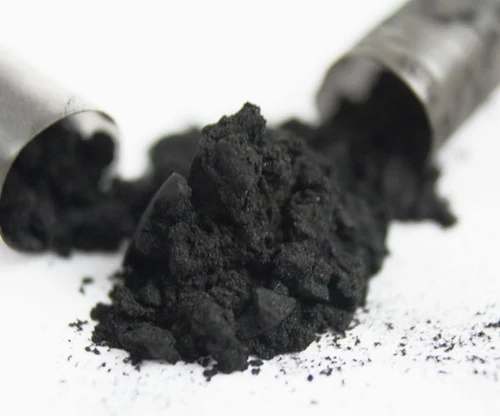
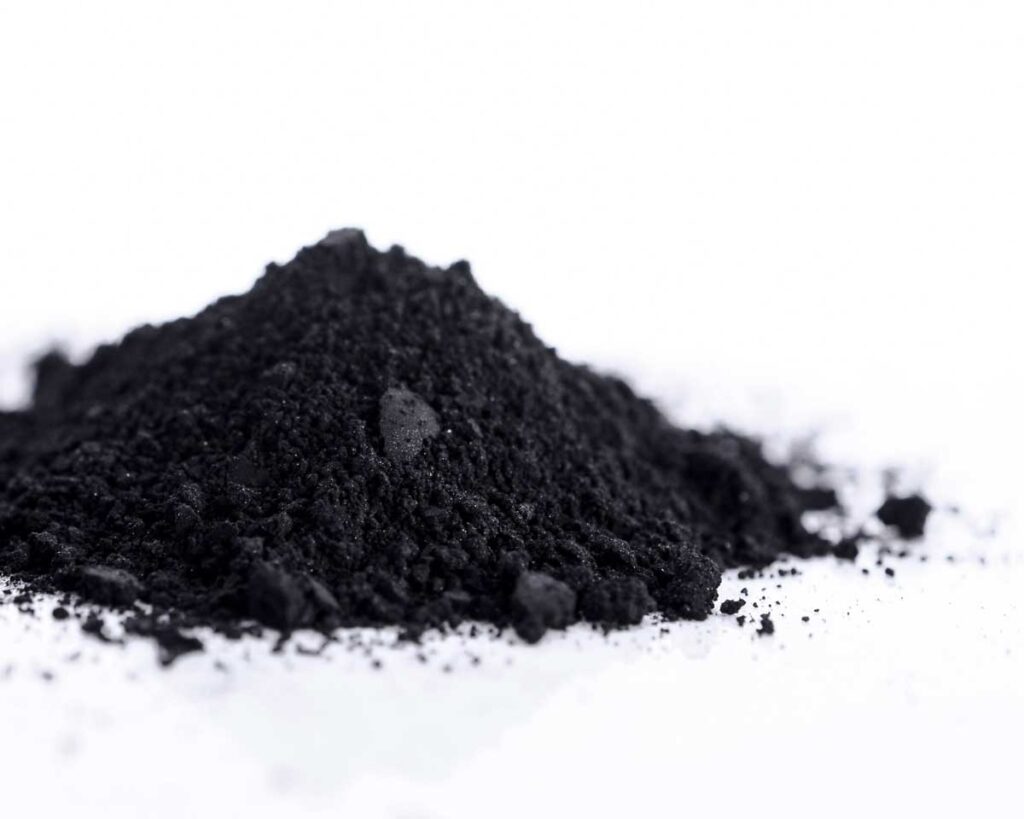
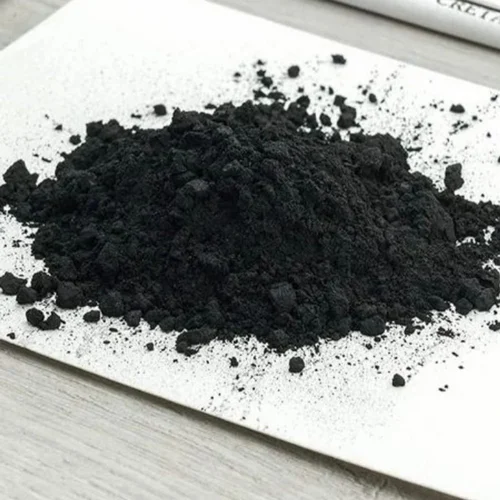
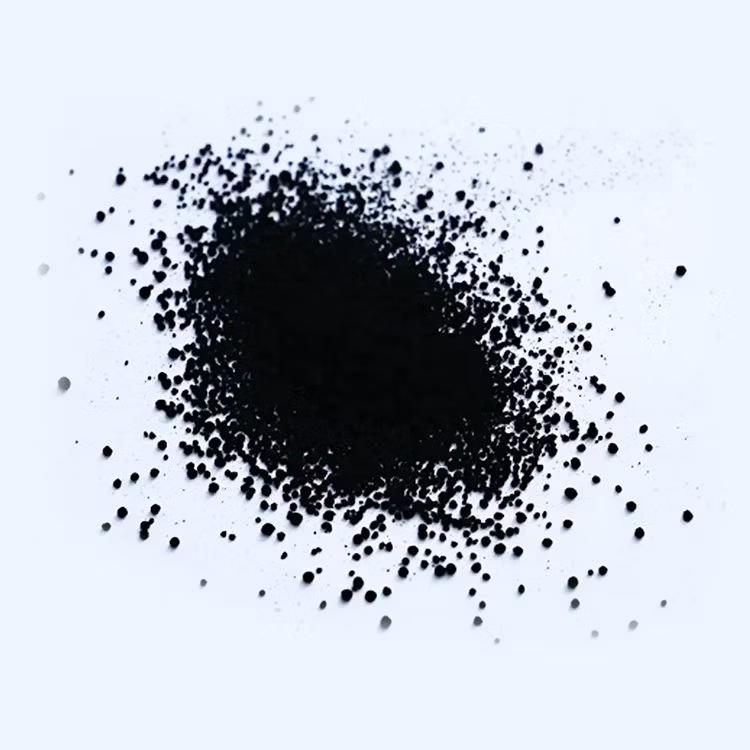

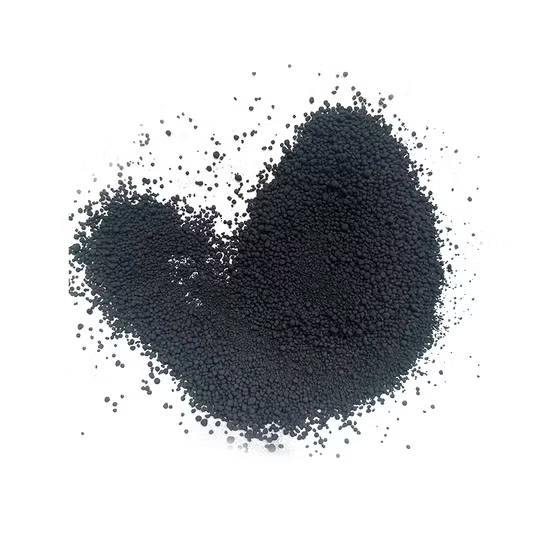



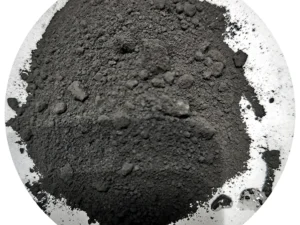
Reviews
There are no reviews yet.